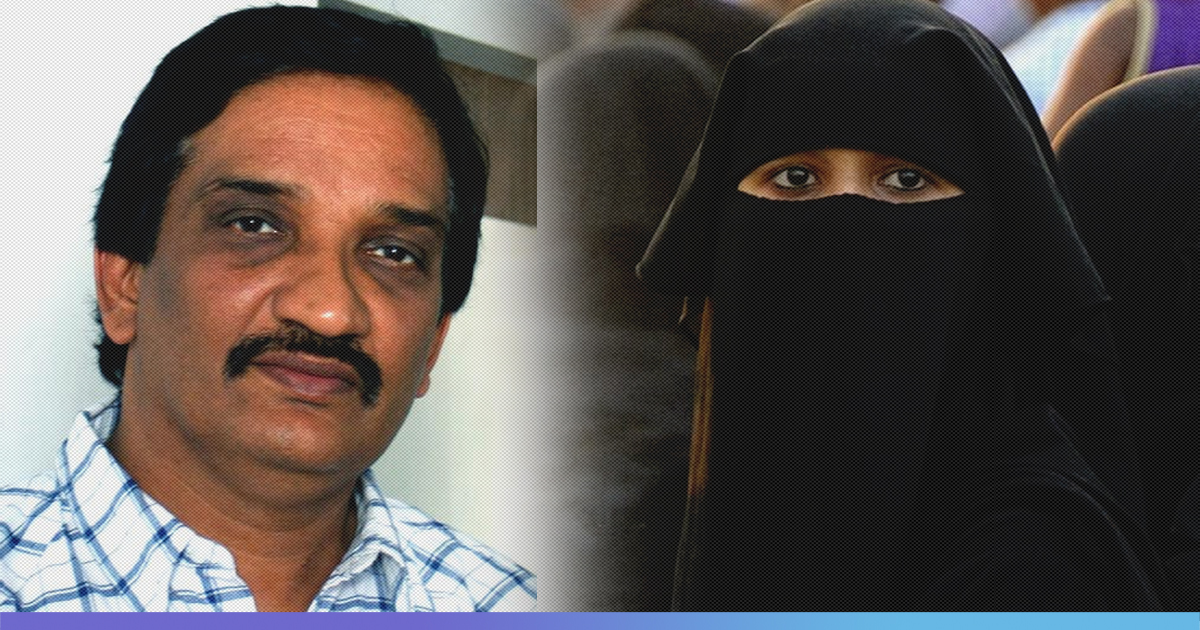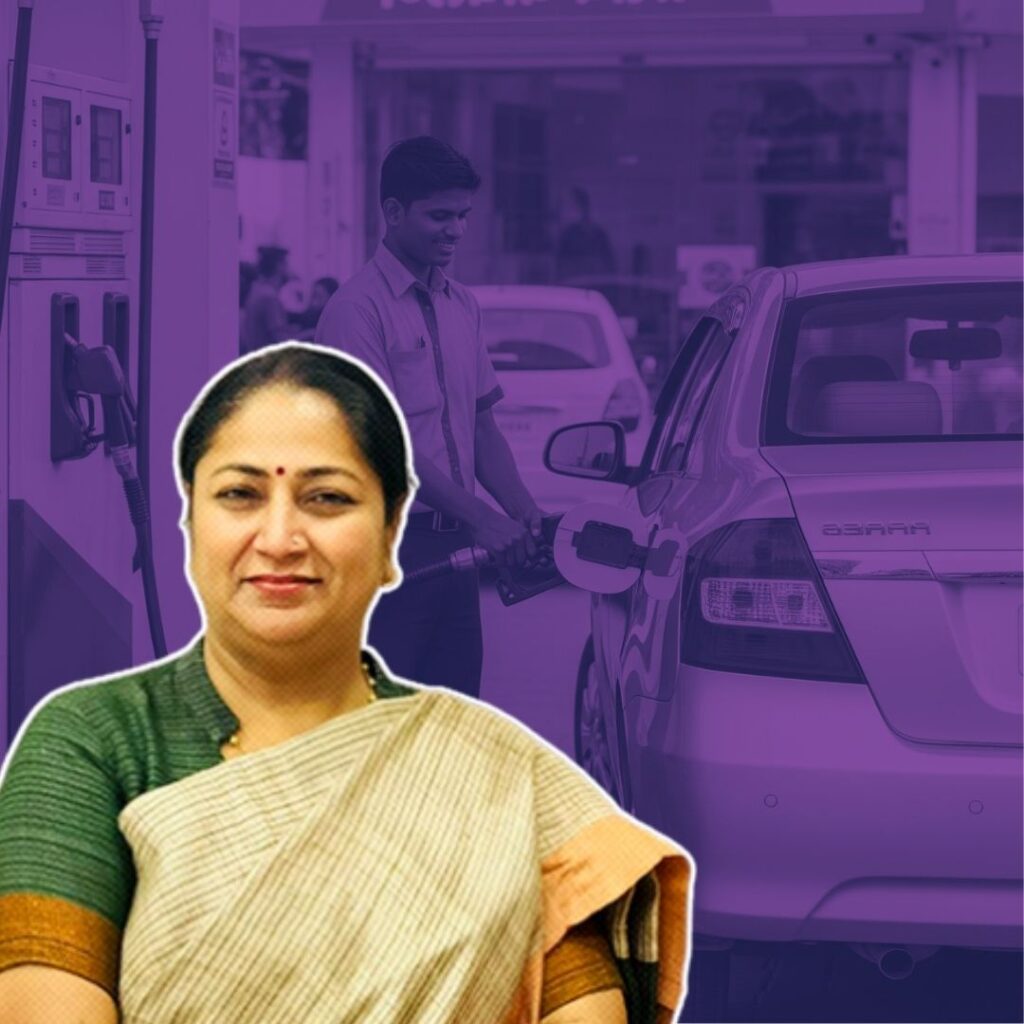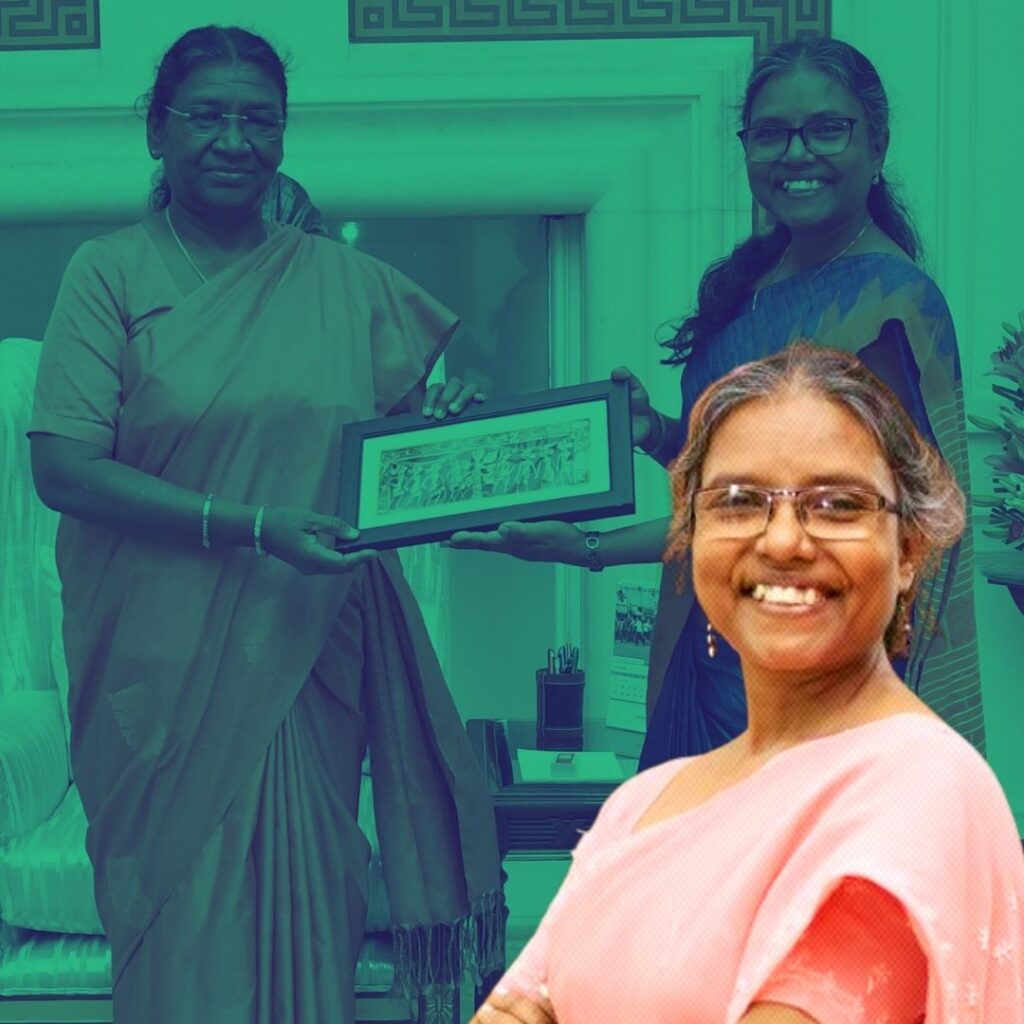Kerala’s Muslim Educational Society President PA Fazal Gafoor who issued a circular banning ‘any dress that covers the face’ for female students in its institutions says he is getting death threats.
Gafoor has lodged a complaint alleging that he was called by an unidentified man threatening him with severe consequences if he did not withdraw the circular asking students to attend classes without face-covering attire.
The circular bans ‘any dress that covers the face’ of female students in its institutions across the country. However, it does not specifically mention the word “Niqab” (religious veils used by Muslim women to cover the face).
In the circular, MES President PA Fazal Gafoor said: “The Muslim Educational Society which aims at the social and cultural progress of the Muslim community urges that the students, even while maintaining high standards in curricular and extra-curricular activities, adhere to certain decorum in the dress code too. We should curb all undesirable practices on the campuses.”
Gafoor gets death threat
Gafoor has complained to the police and said that he is getting calls from an unidentified caller who is using demeaning and threatening words for him.
“I received a phone call from a mobile on Friday, threatening to kill me. It was a male voice and he used very harsh, threatening and demeaning words on me. He seemed to have been very agitated and furious over the issuance of circular banning face veil in MES institutions,” Gafoor wrote in his complaint.
Muslim organisations oppose the circular
Many Muslim organizations came out to oppose the circular released by MES. Sathar Panthaloor, state general secretary of Samastha Kerala Sunni Students Federation, said that no one can stop a woman at institutions run by MES if she decides to wear a dress that covers her face. According to him, the practice of women covering their faces exists in many parts of the world.
Sayyid Muhammad Jifri Muthukkoya Thangal, the president of a religious organization, Samastha Kerala Jamiyyathul Ulama also opposed the circular and said that the MES has no right to interfere in religious practices. He said that MES is not entitled to make this kind of statement.
Some students of the institutions under the purview of MES have also opposed the move, calling it a matter of choice.
Gafoor, however, says that “according to the High Court order all managements retain their right to decide on dress code. We will not allow students or teachers to cover their faces with face veil from the coming academic year.” “Covering the face is not inherent to the culture in Kerala, the tradition and practices of faith followed here. Students cannot be recognised with their face veils nor students can follow the teachers well if they wear face veil,” he said.
He further said that on their campuses, they are free to ban such attire without consulting any religious outfits.
The Logical Indian take
The issue of banning face-covering attire has drawn both criticism and support. While some people believe that it has to do with religion, others believe that this practice is nothing but a cultural invasion.
A communitarian organisation, Muslim Education Society claims that reformist tradition prevails among Kerala Muslims. However, the MES has little to no sway over theological debates that have shaped the Sunni groups’ controlled mosques and madrasas.
Although the MES considers the veil to be a foreign import, the clergy is likely to challenge the rejection.
We at The Logical Indian believe that if an individual or a group feels that the ban is coming in the way of their religion or belief, it has all the rights to challenge it. If students feel that they are being forced to follow a tradition that goes against their religion, they can protest. There can be a healthy debate on the issue, and the matter can be settled among opposing groups. But threatening an individual to force him to withdraw the ban is not an option. We suggest a rational approach towards the issue than reducing the arguments to threats and intimidation.











